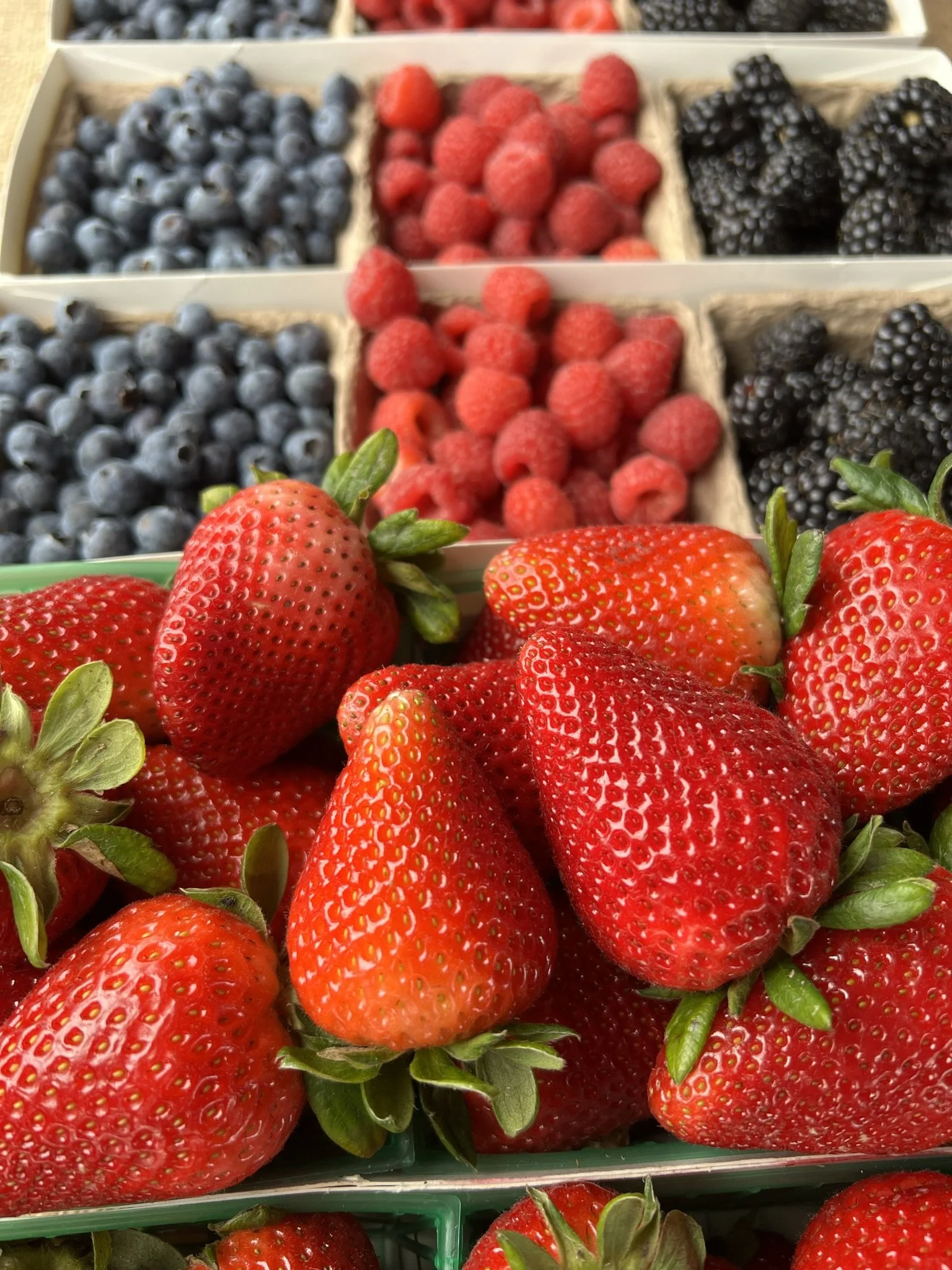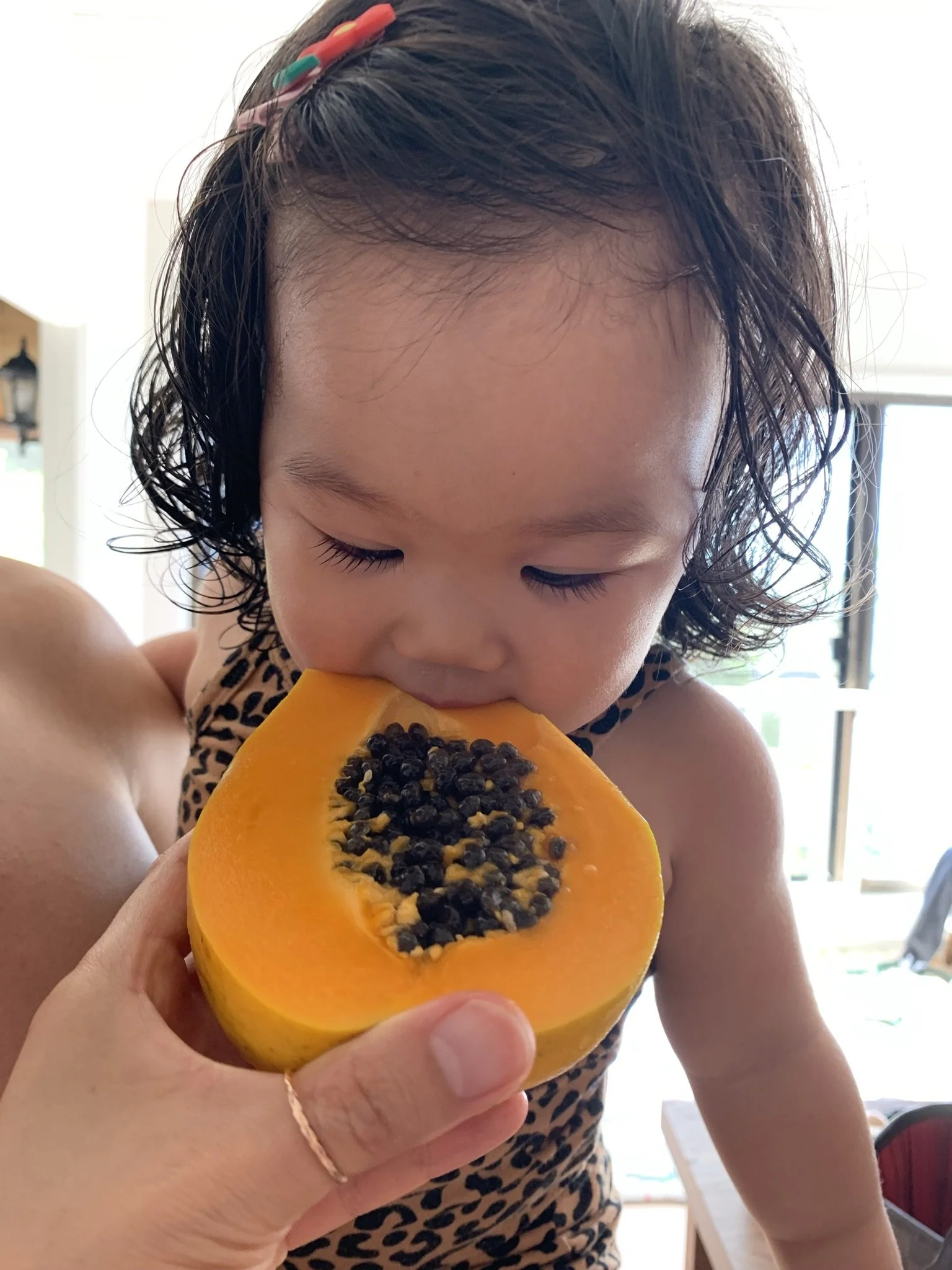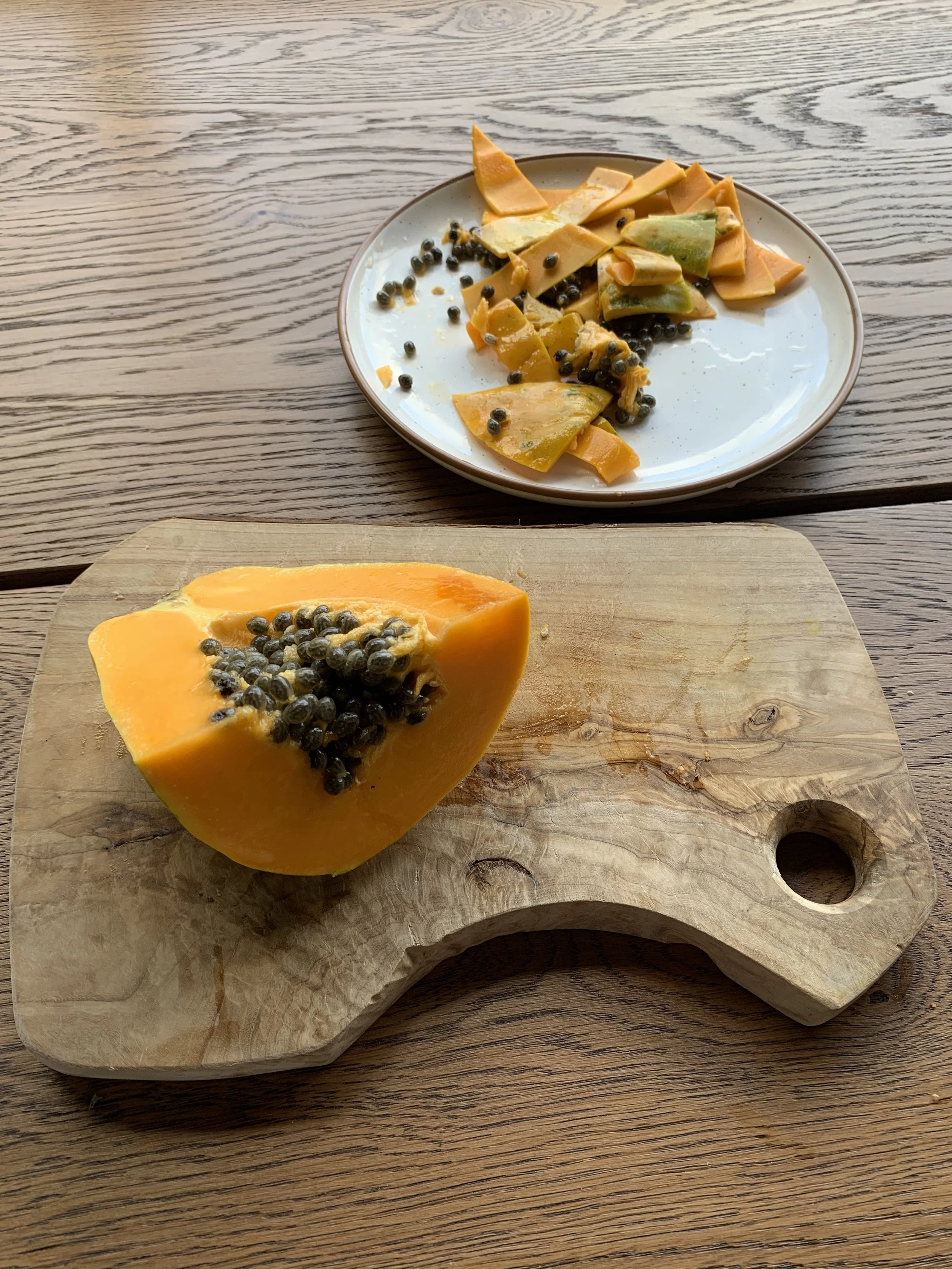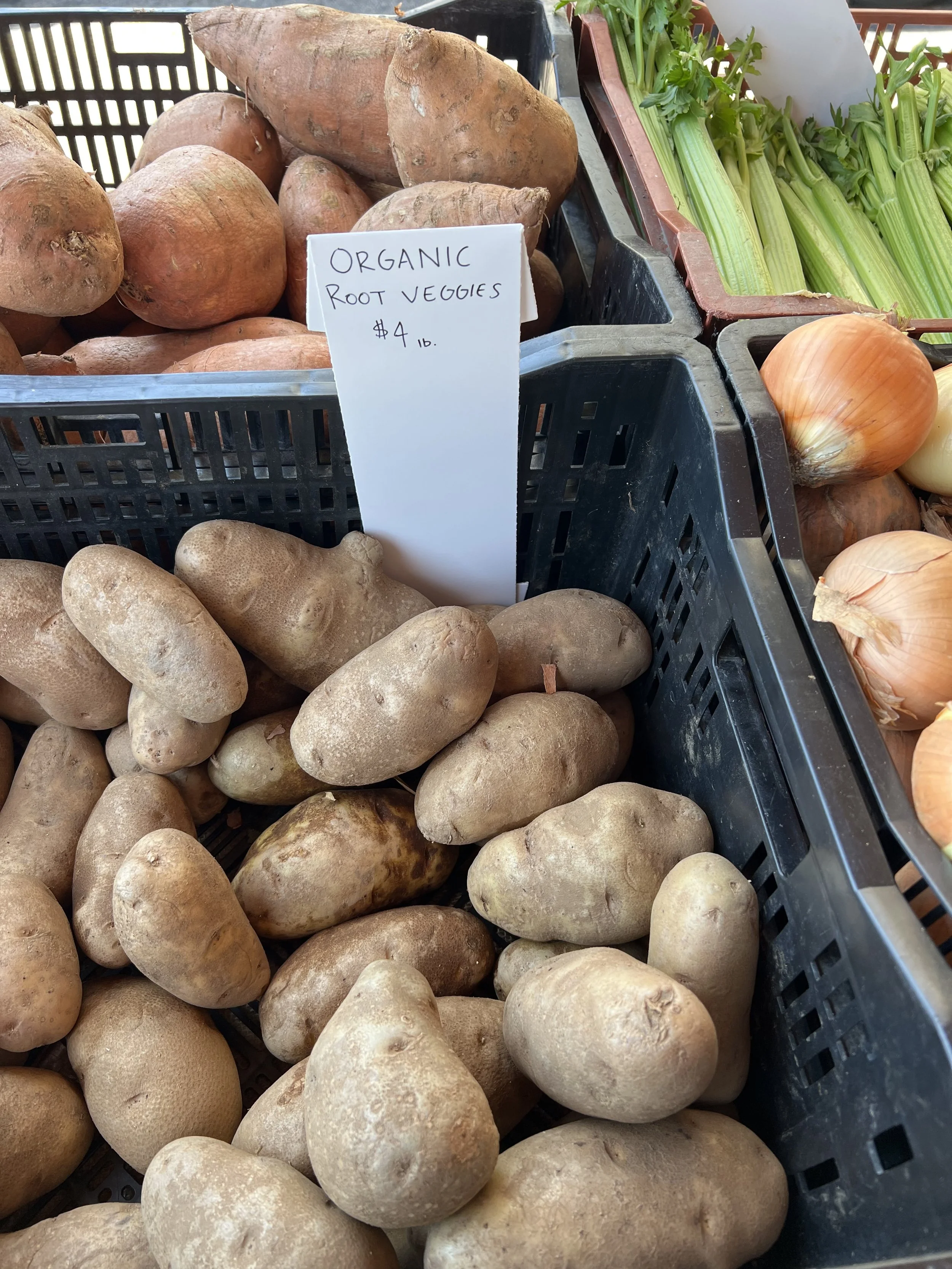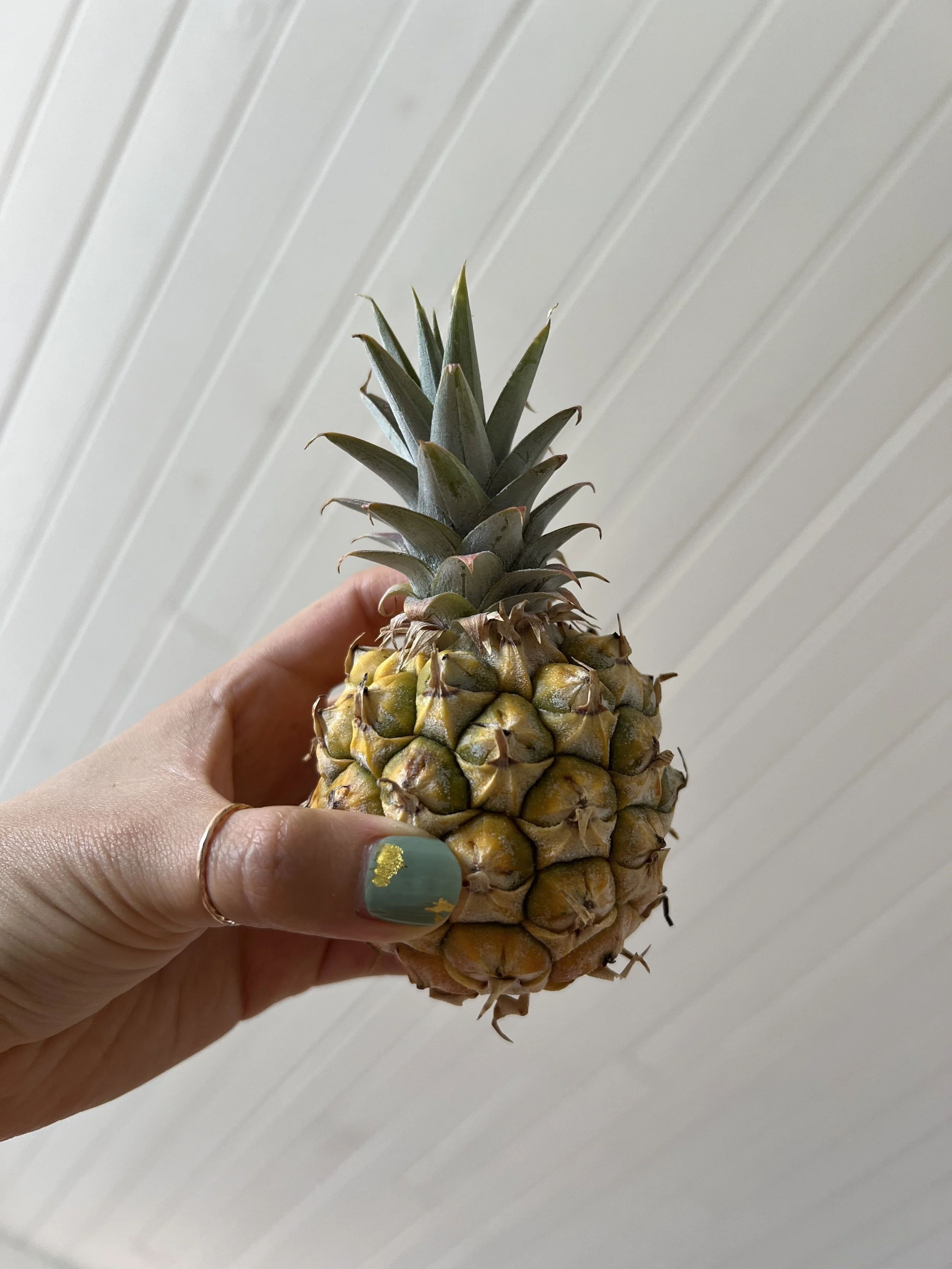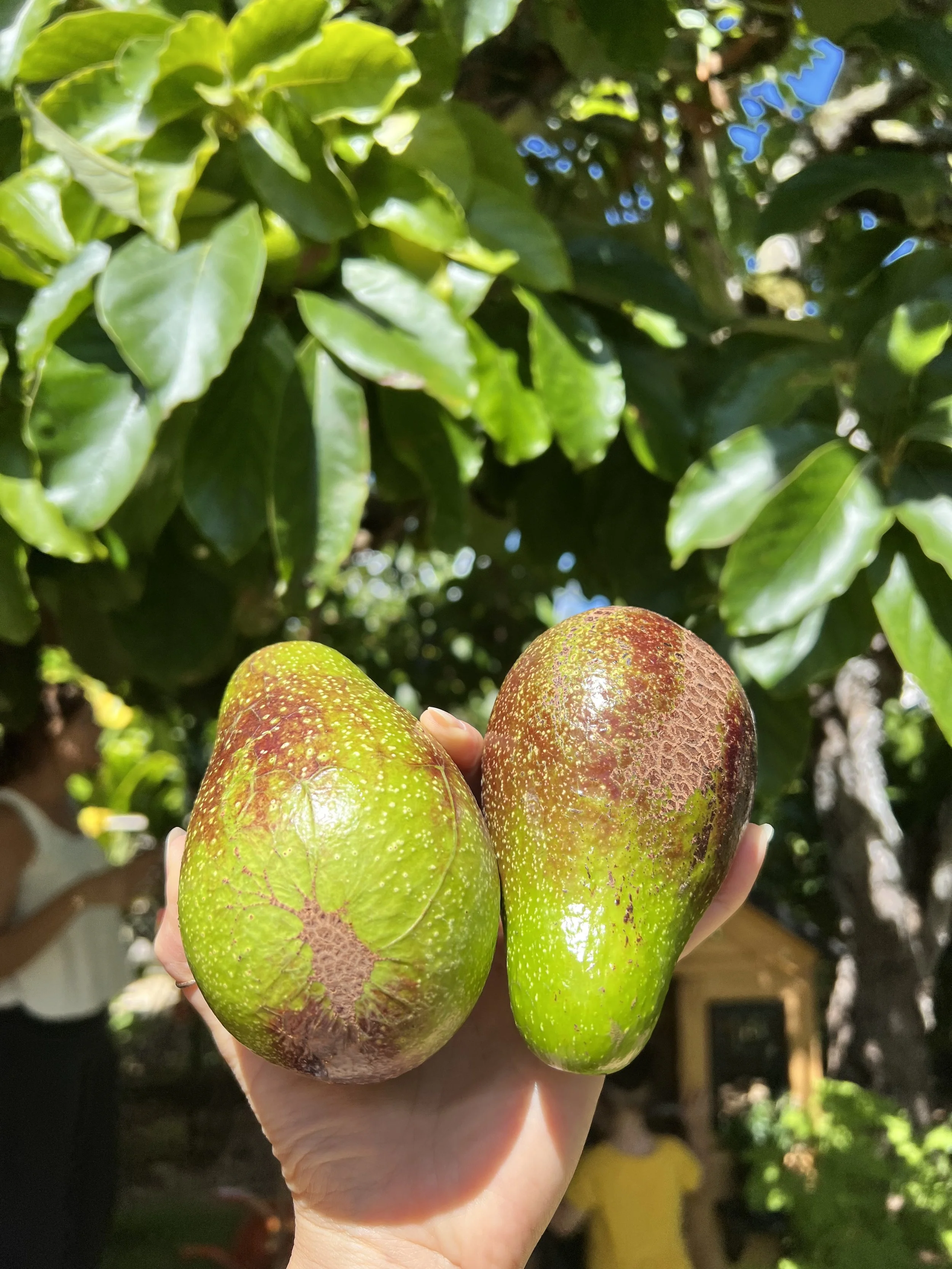Eating Local and Seasonal
“Buy Local Produce - it’s better for you”
I didn't fully understand this concept at first. But as I learned to heal my gut and nourish my body, one of the fundamental principles was to eat local, longitudinal, and seasonal. There’s something about eating the fruits and vegetables that are local to where your body is vs consuming produces that’s been shipped from half way across the world.
Buying vegetables from local farmers is a great way to ensure your produce is picked at its peak, in both flavor and nutrition.
- Lily Nichols RDN, CDE
It makes more sense when you see your food as “alive” - in other words there’s a term called respiration rate.
What is Respiration Rate
When a broccoli is picked and harvested, it contains about 25% of your daily needs of Vitamin C. If it has been 7 days since being picked, that same broccoli now contains 0% of your daily needs of Vitamin C. It eats it’s own nutrients to survive.
The average carrot travels 1800 miles before it reaches your plate. The issue is, as soon as you take a plant (i.e. fruits & veggies) out of the ground/soil it immediately starts losing nutrients.
So if you look at your store bought produce and the label indicates it’s from Mexico, Peru, or half way across the world… that vegetable went on a boat, then a train, a truck, and eventually made it’s way out of the box and onto the store shelf. Meaning that’s a lot of nutrients lost in transit.
A lot of studies show that foods we eat have lost 50% of their value before it gets on our plate.
- Chris Kresser
Local & Seasonal Produce is Healthier
Locally-sourced seasonal fruits and vegetables taste incredible in comparison to it’s equivalent conventionally-grown vegetables. Some taste like literal cardboard…
Why? Literally because local produce has more nutrients still locked in. The tongue can tell.
Which Nutrients are Lost Once Picked?
Antioxidants including:
Vitamin C
Folate
Carotenes
All of which are critical for getting pregnant and sustaining a healthy pregnancy and birth.
Organic Produce
Organic produce also has shown to contain higher levels of phytonutrients and antioxidants.
Quick plug for organic/pesticide free produce—studies show reducing the female body’s exposure to pesticides support a healthy, full term pregnancy and live birth.
If you’re in a pinch, the produce I recommend organic include papaya and the EWG’s top dirty dozen.
Is eating Seasonally more Sustainable?
Not only is eating seasonal and local produce environmentally friendly, but also you get to buy & eat less for the same (if not more) quantity of nutrients because you’re eating produce harvested at its peak.
Financially not in a place to purchase local produce?
Sometimes local produce is cheaper; sometimes it’s not. If finances are stopping you from buying quality produce, opt for frozen organic vegetables and fruits! I for one am a huge fan of costco’s frozen organic broccoli and berries. Sure, the texture won’t be the same but a lot of vitamins and minerals are preserved (i.e. iron, calcium, zinc, magnesium) via freezing. Studies show the vitamin content is occasionally higher in some frozen foods like frozen broccoli, green beans, and blueberries - these foods are said to have more B vitamins and Vitamin C in their frozen state than equivalent fresh varieties. (Source: NYtimes)

